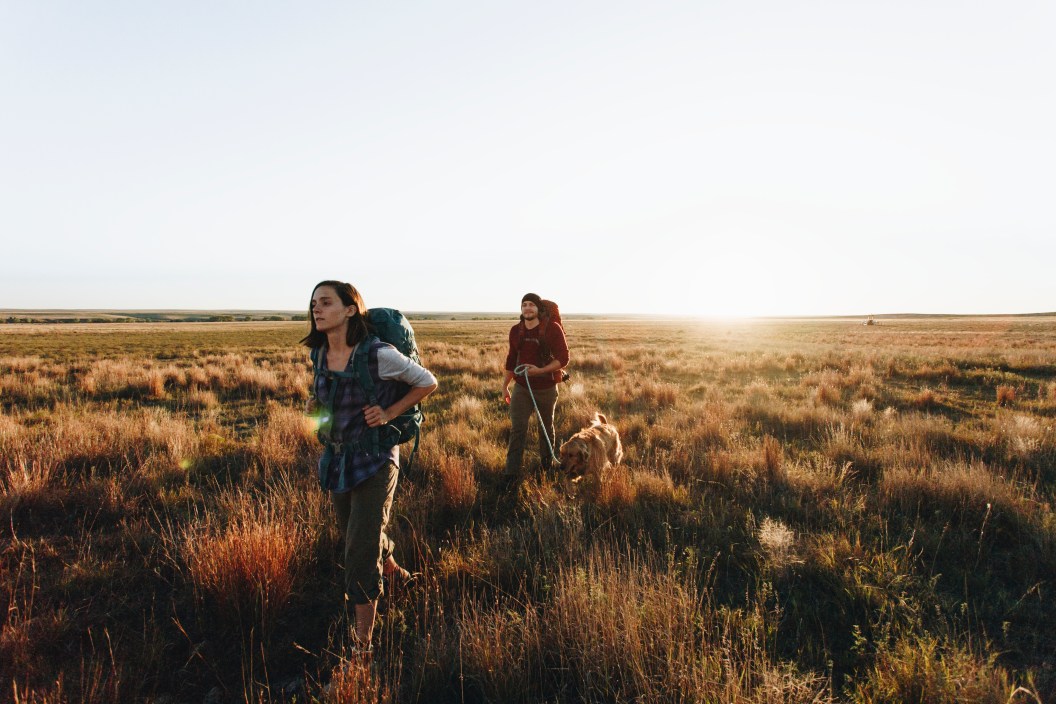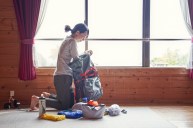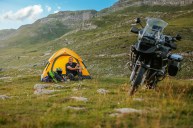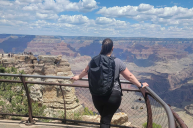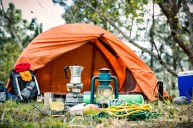Heading into the backcountry is one of the best ways to unplug and experience all that nature has to offer. But if you're brand new to backpacking, the idea of planning and packing can feel overwhelming.
I've been backpacking for a long time, and still try and get into the backcountry to camp as much as I can on the weekends—so I know a thing or two about planning both a successful backpacking trip and a frustrating one. Avoid my mistakes: I've compiled this list of basic backpacking tips for beginners to help ensure you have a fun and safe time on the trail, and get to experience all the wonders backpacking has to offer.
1. Plan Short and Easy Trips
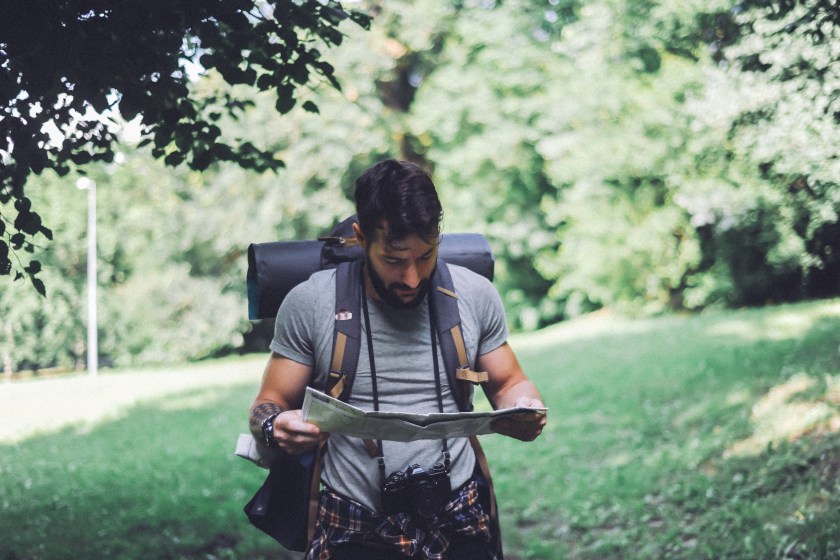
Getty Images, NoSystem images
As a first-time backpacker, it's important to plan shorter and easier routes until you become more comfortable. Going on a one- or two-night backpacking trip is the best approach to ease into building confidence and learn specific skills as a beginner. Keep the first few trips mellow and simple with low-mileage trails close to home. Bring a friend or two on your trip and be sure to tell your family and friends at home what your route is and where you will be.
Even on a short and easy trip, it's ideal as a first-time backpacker to go to a place that has cellphone reception. If you won't have service, consider bringing a satellite phone and a GPS or paper map to ensure you don't get lost.
2. Bring High-Quality Backpacking Gear
Whether you purchase new gear, buy used gear, or borrow some backpacking gear from a friend, it's important to have high-quality, reliable items made specifically for backpacking for both safety and comfort.
For starters, most backpacking gear is made to be lightweight and pack down small, which makes it easier to fit into your backpack and more comfortable to carry. But also, hiking with weight on your back adds a lot of pressure to your joints and bones, so having a well-fitting pack, well-cushioned hiking boots, and quality hiking poles that won't break on you all go a long way to a more enjoyable experience.
Test your gear ahead of time so you know how it works, and wear comfortable hiking boots with Merino wool socks to prevent blisters. Make sure your gear fits well and feels comfortable on your body so you can be fully present and not distracted by any pain or discomfort during your trip.
4. Don't Overpack
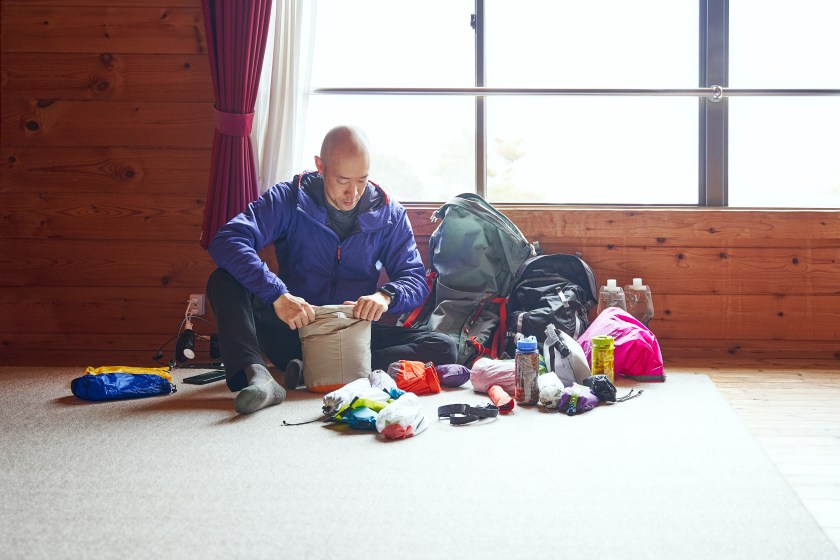
Getty Images, Yagi-Studio
A lot of beginner backpackers can make the mistake of packing too much. That can slow you down and leave you in a sour mood on the trail. While we're big fans of bringing along small luxuries that don't take up too much space, it's also important to pare down to the essentials. Remember: The smaller your pack is (aim for 30 to 70 liters), the less likely you are to overpack.
Leave your books, speakers, unnecessary clothes, and bottled beverages at home. Less is more on the trail!
4. Bring Plenty of Food and Water
When you're hiking on an overnight backpacking trip, you burn more calories than usual. So as a beginner backpacker, it's important to plan what food to pack and to make sure you bring high-calorie snacks such as granola bars and trail mix. Plan your backpacking meals ahead of time and keep them simple. Oatmeal and apples for breakfast, PB&J for lunch and dehydrated backpacking meals for dinner are always good go-to backpacking meals.
And remember to bring more than enough water and a functioning water filter so you can refill your bottles along the trail.
5. Take Care of Yourself on the Trail
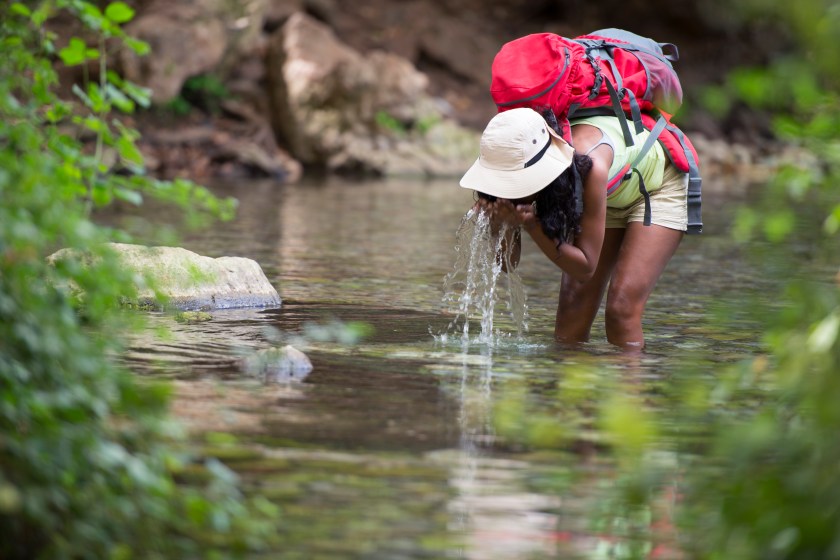
Getty Images, RuslanDashinsky
Simple things such as airing out your feet and having good hygiene aren't something you normally think about at home. But after a long day of exerting yourself in the backcountry, you won't have the luxury of taking a shower.
Translation: Self-care is crucial for beginners, since it can be easily forgotten while you are hiking for several days.
Pay attention to how your body is feeling and pack items such as bug spray, sunscreen, wipes, a change of underwear and a change of socks. Jumping into a lake or a stream on a backpacking trip is a refreshing alternative to a shower in the backcountry!
6. Brush Up on Local Safety
Depending on the area in the country you're backpacking in, there may be different safety precautions to keep in mind.
For example, many places in the western U.S. with wildfire concerns have strict rules on campfires. It's also important to look into typical weather patterns, such as the risk of storms or intense temperature drops at night. This will help you pack accordingly by bringing rain gear and layers.
If you're a woman hiking alone, be sure to go over the best ways to stay safe beforehand.
And lastly, be sure to pay attention to what wildlife is in the area in case you need to pack a bear canister or bear spray.
7. Educate Yourself on Basic Skills
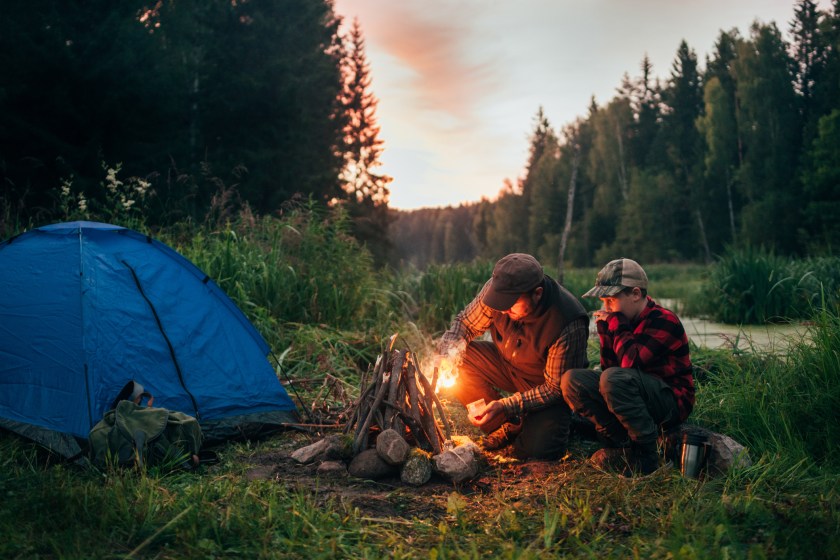
Getty Images, visualspace
One of the best backpacking tips for beginners is perhaps an obvious one: Educate yourself on basic backpacking skills. Take the time to learn about Leave No Trace principles in the backcountry, find out what permits you may need, read gear reviews, learn basic navigation skills, and learn how to build a campfire (the right way). Check out books and blogs, and talk to friends and outdoor gear professionals at stores such as REI.
The more time and energy you put into educating yourself about backpacking, the more confident and comfortable you will feel on the trail.
READ MORE: 10 Tips for Picking the Best Campsite
